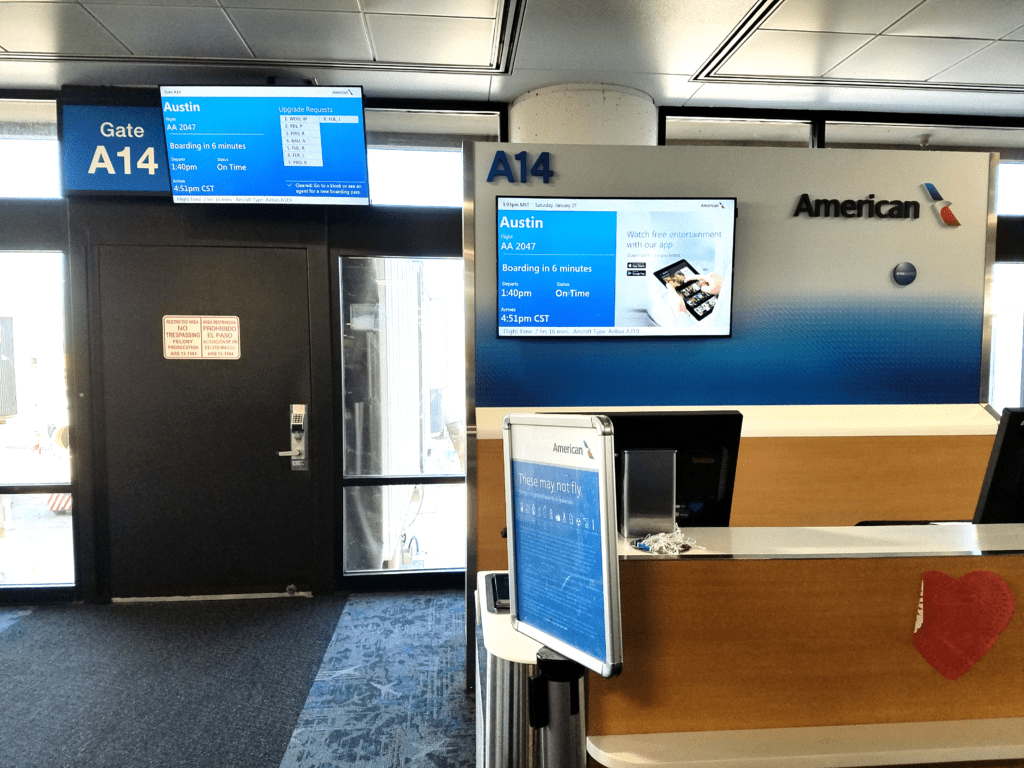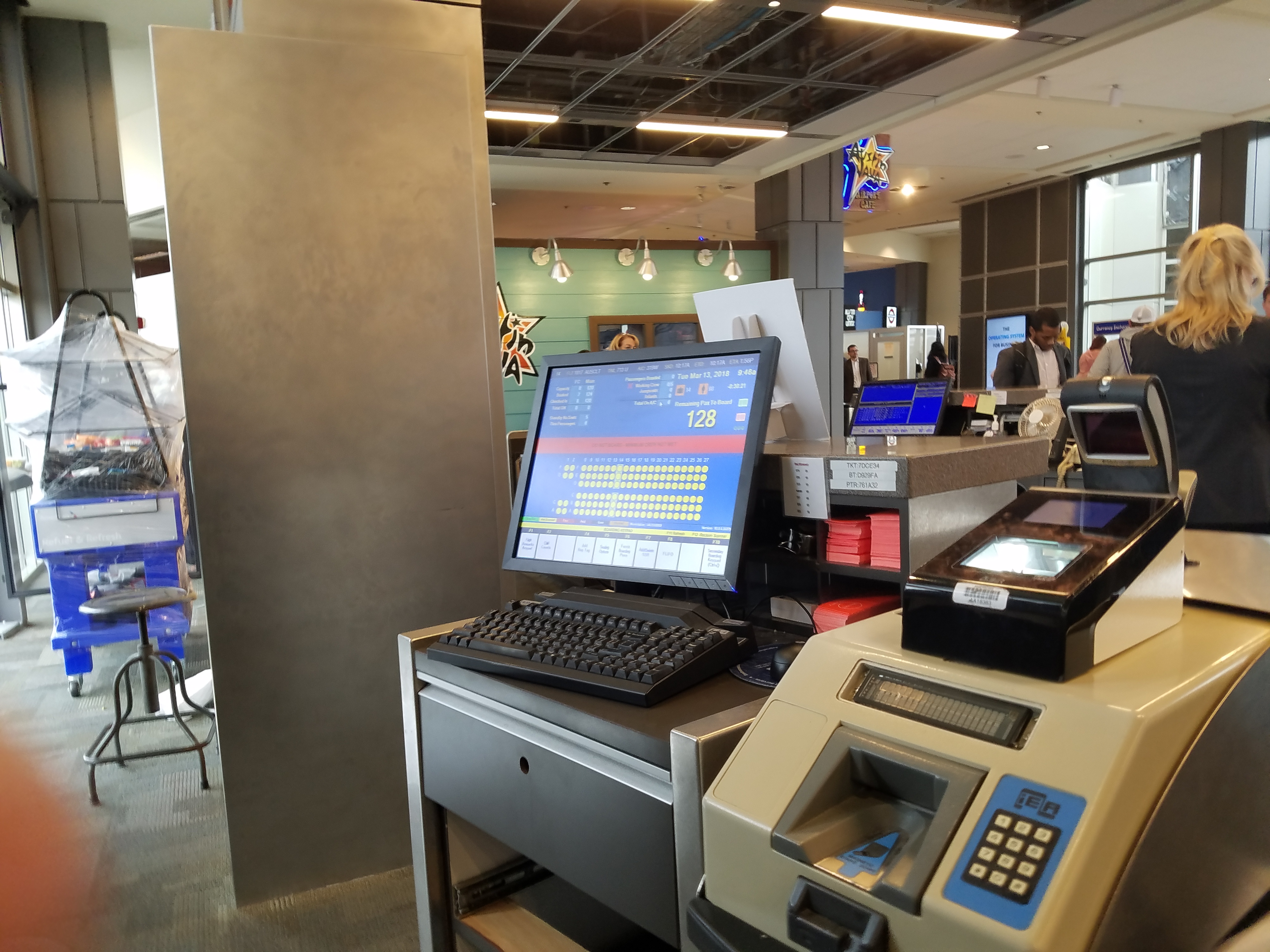American Airlines Declares War On Gate Lice: New Boarding Tech Hits Over 100 Airports Nationwide For The Holidays – View from the Wing

American Airlines Declares War On Gate Lice: New Boarding Tech Hits Over 100 Airports Nationwide For The Holidays
Last month I broke news that American Airlines was testing new tech to enforce boarding groups at its gates.
- At the time, in Albuquerque and Tucson, passengers trying to board before their group was called would hear an audible sound when they scanned their boarding pass – and gate agents would kick them out of line to wait until it was their turn.
- The next step, as I wrote in mid-October, was testing this at a hub: Washington’s Reagan National airport.
Here’s the sound when a boarding pass is rejected:
American learned two things. First, customers actually like it when gate lice can’t crowd ahead of them and board before it’s their turn. Second, doing this really doesn’t slow down the boarding process and risk on-time departures.
And so American Airlines now says that this is being expanded to “more than 100 spoke airports” including Atlanta and Austin “[j]ust in time for the holiday season.” Then, as long as things continue to go well, American will expand to other airports – including hubs.
An important thing to know is that if you buzz because you’re boarding before your group is called, the gate agent can clear the flag on their screen and allow you to board. If you’re traveling with a family member or friend on a different reservation, for instance, it is actually policy according to the airline that you should still be allowed to board together in the earlier group.
For customers traveling with a companion in an earlier boarding group, the agent has a simple one-click solution to override the alert and accept the pass to continue boarding.

I heard from passengers at National airport that this wasn’t always permitted, and American said they would remind agents to allow it. So it’s the one thing to watch out for. Overall though it’s a positive – for customers and for the airline.
- American prioritizes customers either because of their relationship value (status, credit card or even just joining the loyalty program) or their fare, and this benefit only has meaning if it’s enforced.
- Meanwhile, passengers crowding the gate and the boarding lines before it’s their turn, when their boarding group is called, makes for a more chaotic process.
Already I like American Airlines boarding best. They have a priority lane and a general boarding line. Passengers are called to come to their respective line when it is their group’s turn to board. No one has to stand there like with United’s boarding queues where passengers line up in their assigned group far in advance of boarding. American doesn’t push passengers to waste time standing in line before it’s necessary. Keeping people out of line until it’s their turn is even better.
More From View from the Wing
Related
EU denies picking on US tech giants, says US also…
BRUSSELS (Reuters) - Europe's new tech rule aims to keep digital markets
H-1B Visa 2025: How and why US policy shift may…
Recent changes in US H-1B visa policies have sparked significant concern within the Indian IT professional community hoping to work in America. However, the a
Alibaba Group (BABA) Stock: Chinese Tech Giants Gain $439 Billion…
Chinese tech stocks have gained over 40% this year, adding $439 billion in valueChina’s “7 titans” are outperforming the US “Magnificent Seven” tech s
The Global Spread of Protectionist Policies That Squeeze American Tech…
An increasing number of countries in recent years have begun targeting America’s leading technology firms with policies touted as measures to promote fair com













